
Read all about symptoms and signs of insomnia during menopause in order to properly diagnose the condition for a restful night’s sleep.


Read all about symptoms and signs of insomnia during menopause in order to properly diagnose the condition for a restful night’s sleep.
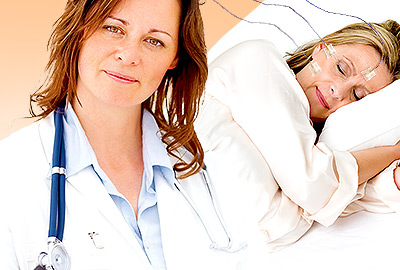
Learn all about sleep apnea tests here so that you can finally get on the right track to having a good night’s sleep day in and day out.
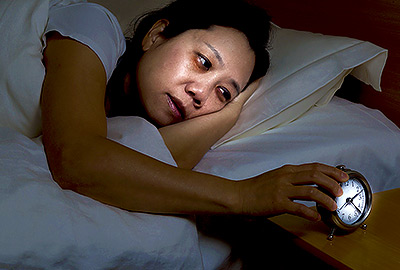
Severe insomnia and other severe sleep disorders cause daytime drowsiness and can lead to severe health conditions if not treated. Discover more here.
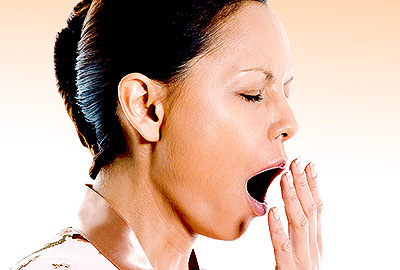
If you’re looking for a way to manage your insomnia without resorting to medication, you may want to look into sleep therapy.It is most frequently used for insomnia, since many other sleep disorders – like narcolepsy and sleep apnea – are caused by physical medical conditions.

If you’re losing sleep and want to learn more about some over-the-counter sleep aids that might help, read on to find out all you need to know.

Insomnia and other sleep problems can cause serious distress. If you’re looking for relief, read about these natural sleep aids.
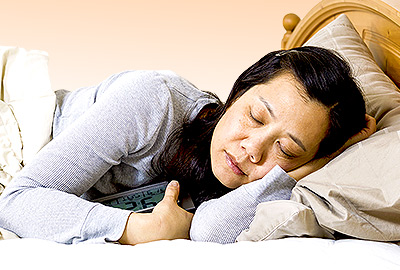
If you have trouble falling asleep, you are not alone – many adults sleep less than they should. Learn what can help you fall asleep.
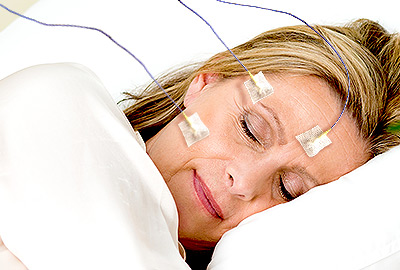
If you think you’re suffering from a sleep disorder, the first step is to be diagnosed. Learn about the sleep disorder tests.
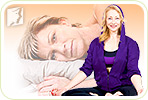
Getting a good night’s rest is important for body and brain functionality, so it can be a nightmare when you are unable sleep well.
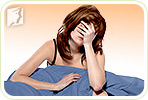
Whether you’re not able to fall asleep or feel mysterious sensations, sleep disorders can be scary. Discover the most common disorders.
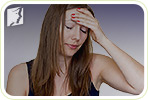
While anxiety harms the quality of your productivity, sleep disorders disrupt your restful. Find out the link between these conditions.
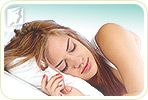
There are many options for managing sleep disorders. You may find that herbal supplements are the most positive way to deal with sleeping problems.

These diet tips for avoiding sleep disorders are simple and effective.

Difficulty sleeping and breathlessness can be scary. Once you detect you are having these problems, you may look for some valuable answers.
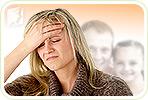
Find out about the symptoms and side effects of sleeping problems and how your family is impacted, as well as some helpful tips for relief.

Keep nodding off during the day? Wide-eyed at night? You may be suffering from a sleep disorder. Learn about the 4 most common here.
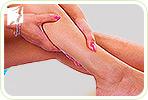
Know what to expect during menopause. If you find that you are tossing and turning all night and exhausted, then you may want to read up on these 5 common
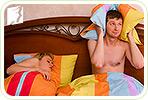
If your sleep pattern has been disrupted for days, months, or years, you may be experiencing a sleep disorder. Find out which of these are common.
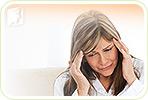
Many menopausal women find it difficult to sleep. This could be caused by a variety of reasons, including hormone changes and underlying conditions.

It is common to develop a sleeping disorder at some point. Find out why this is happening so that you can act fast and effectively to restore deep slumber.
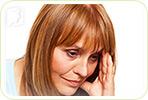
There are many reasons why this symptom of menopause can come about, but that doesn't mean you can't overcome it.

The following article will explain the differences between different types of insomnia and the reasons why you may be finding it difficult to sleep.
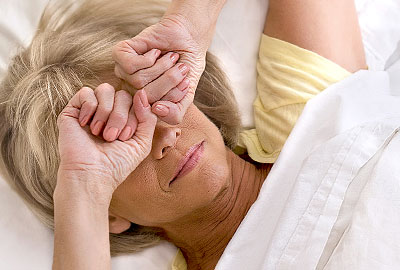
Read all about postmenopausal sleep problems and disorders, including causes and treatments, so that you can finally get a restful night’s sleep.
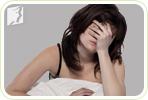
Menopause sleep disturbances include night sweats and cold night sweats and are often exacerbated by other menopausal symptoms.
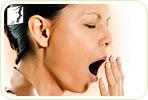
Women during menopause are more likely to suffer from sleeping problems, which can be caused by night sweats, depression, or sleep apnea.

Sleep apnea is a serious disorder that increases in prevalence among menopausal women. Learn more the different types, causes, and treatment.

Certain foods and drinks may help promote sleep and help bring about sleep; one ideal combination is an oatmeal cookie and a warm glass of milk.

It is important to develop and maintain healthy habits during menopause, as these can prove effective in managing sleeping disorders.

Sleeping disorders cover a wide spectrum of conditions; however, there are a number of bedtime rules and habits which can help alleviate them.

There are certain foods that may help aid sleep and treat sleeplessness during menopause. Keep reading to find out more about these foods.

Sleeping disorders during menopause may be effectively managed and alleviated by implementing simple lifestyle changes.

Narcolepsy causes the suffer to fall asleep at unexpected times throughout the day. Click here to learn more.
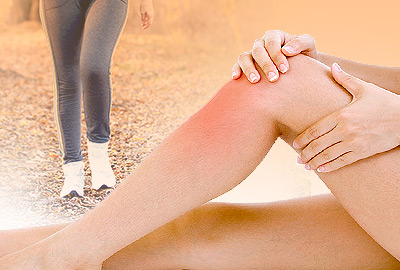
Learn more about the cause of RLS during menopause and how walking does help restless legs syndrome as well as further treatment options here.

Exercise can help people who suffer from insomnia reduce their sleep disorder and sleep better. Keep reading to learn more.

Sleeping disorders are common during menopause and symptoms include problems with memory and concentration, snoring, and sleepwalking.

Sleeping disorders during menopause may be effectively alleviated by doing certain types of exercises. Find out how aerobic exercise can promote sleep.